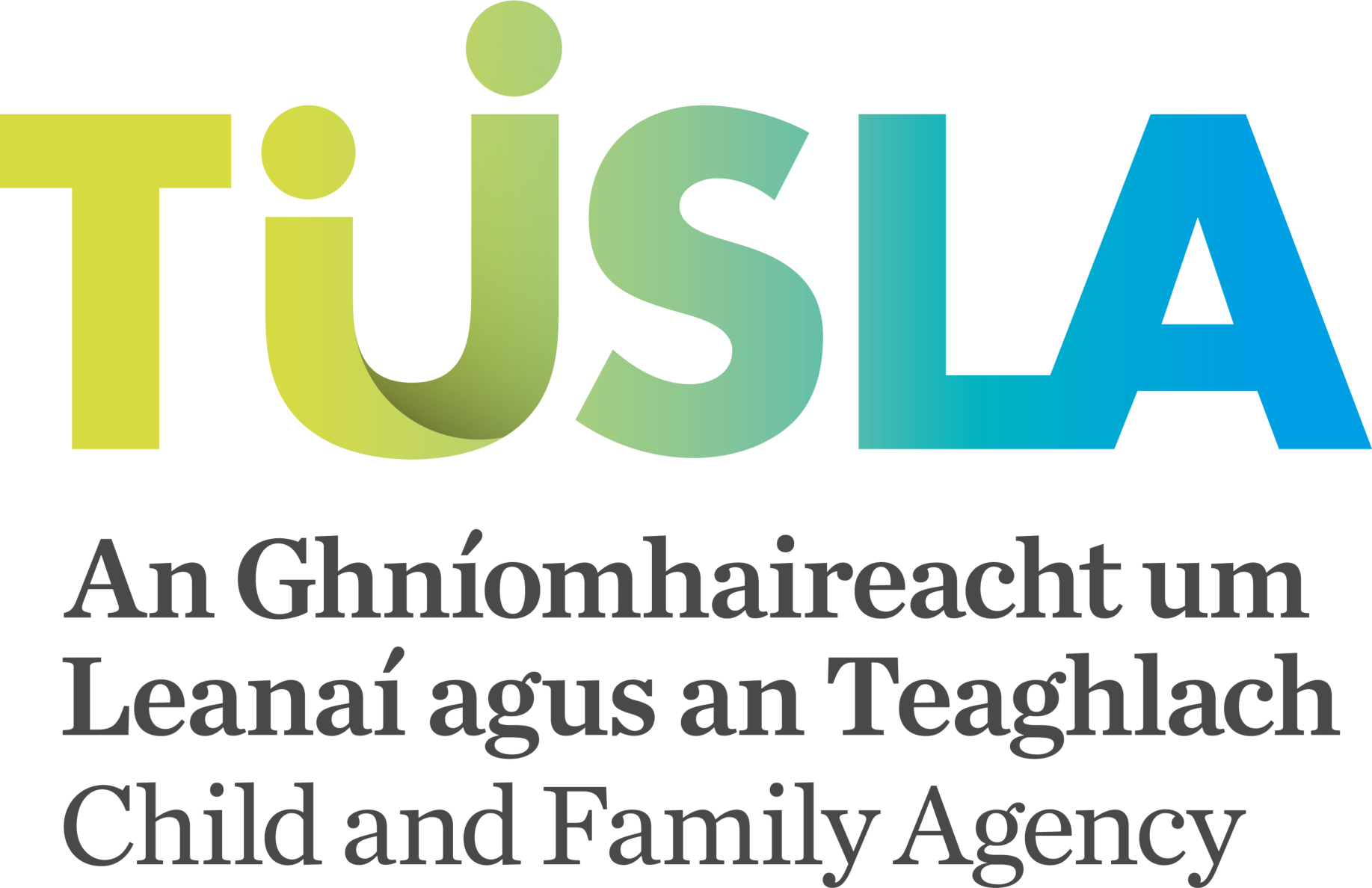Miscarriage can be an unhappy, frightening and lonely experience for you and your partner and you will probably experience ups and downs. Some people adjust quickly, others take a long time. You will find the number of ‘good’ days slowly increases but a memory or an anniversary can bring it all back to you. Some women cry a lot, which may release some of the pain and tension, while some find it hard to talk about their feelings. You and your partner may both have different ways of coping so be understanding and make sure you have plenty of time together.
If you want to talk to someone who has been through miscarriage and will listen to you, contact The Miscarriage Association, or talk to your GP, midwife or health visitor about your feelings.
 Donate
Donate

